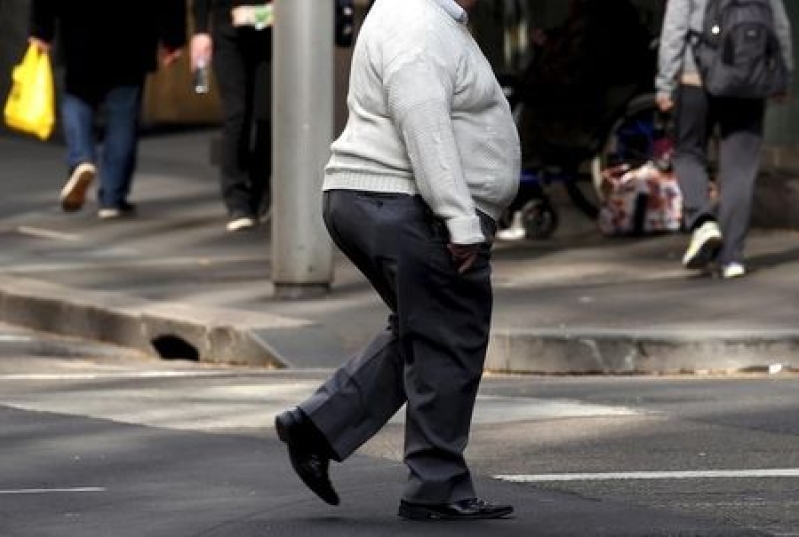
Feeling like the target of discrimination may increase a person's odds of harmful behaviors like smoking, eating fatty foods and getting less sleep, a study of African-Americans suggests.
Researchers examined the connection between discrimination and these unhealthy habits among almost 5,000 African-American residents of the Jackson, Mississippi metropolitan area.
"We conducted this particular analysis to understand the extent to which multiple measures of perceived discrimination were associated with types of behaviors that are known to be risk factors for cardiovascular disease in African-Americans," lead study author Mario Sims, a researcher with the Jackson Heart Study and the University of Mississippi Medical Center in Jackson, said by email.
The new study found that higher levels of everyday discrimination were associated with more smoking, higher fat consumption and less sleep in both men and women.
Higher levels of lifetime discrimination were linked to more smoking in women, more fat consumption in men and less sleep for both sexes.
The connections between unhealthy behaviors and discrimination suggest that highly discriminated-against racial groups might turn to things like smoking or eating fatty food at least in part as a way to cope with stress, Sims added.
"Experiencing discrimination is very stressful and likely affects health behavior as a result," Lauren McCarl Dutra, a researcher at the University of California, San Francisco, who wasn't involved in the study, said by email.
Past research has linked racial discrimination to higher odds of death. And other studies have shown that chronic stress harms health both directly, by releasing stress chemicals, and indirectly, by promoting unhealthy coping habits like smoking, drinking and overeating.
Sims and colleagues surveyed participants about whether they experienced unfair treatment at school or work, how stressful these experiences were, and whether they thought the discrimination might be due to race or another factor such as their gender, age or weight.
They then asked whether participants responded to discrimination by speaking up or ignoring it, and followed with a series of questions about health behaviors such as smoking, eating and exercising.
Almost half of the men and 38 percent of the women reported everyday discrimination due to race. Exposure to lifetime discrimination was even higher, reported by 51 percent of women and 63 percent of men.
Participants were part of a larger project, the Jackson Heart Study, designed to assess cardiovascular disease among African Americans in the Jackson area from 2000 to 2004.
The survey wasn't designed to prove that discrimination causes poor health behaviors like smoking or eating fatty foods, the authors acknowledge in the Journal of Epidemiology and Community Health.
It's also possible that because the study was done in a very segregated community, the findings may have underestimated the impact of discrimination, said Luisa Borrell, a researcher at Lehman College in New York who wasn't involved in the study
"African-Americans living in segregated areas tend to report less racial discrimination," Borrell said by email. "I would expect these findings to be stronger in other African-American communities."
Even so, the study adds to a growing body of evidence that racism can have negative health consequences, noted David Chae, a researcher in epidemiology at the University of Maryland, College Park.
"The results from this and other research on discrimination suggest that there are issues of systemic racism that we as a society still need to contend with if we are to achieve health equity," Chae, who wasn't involved in the study, said by email.







